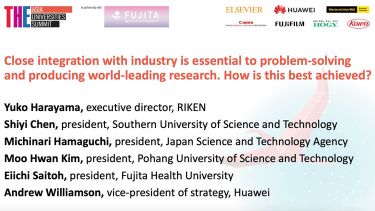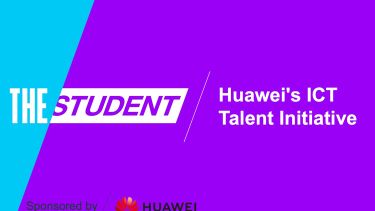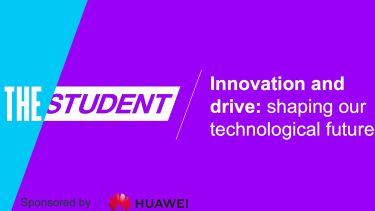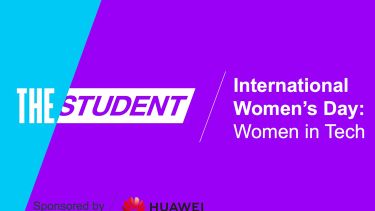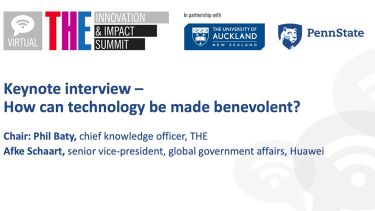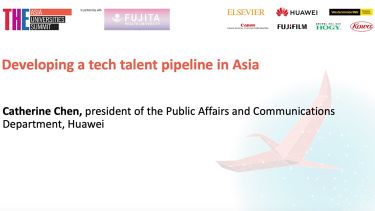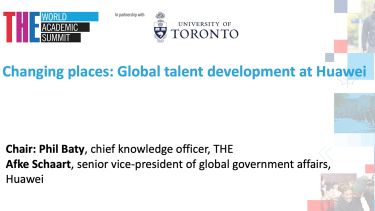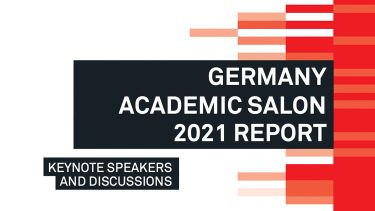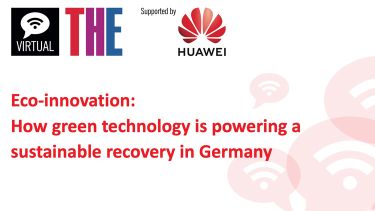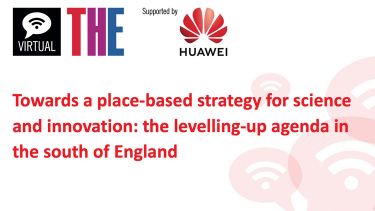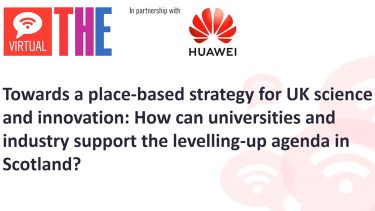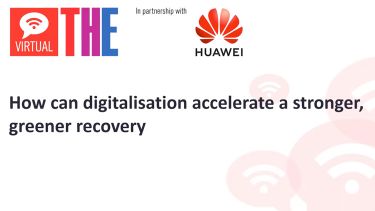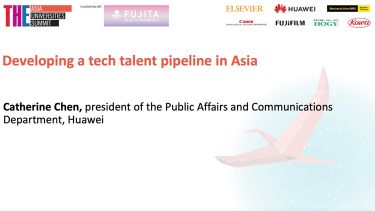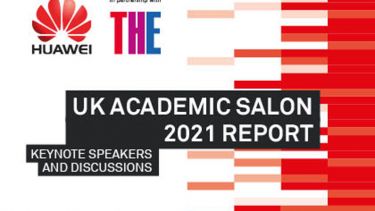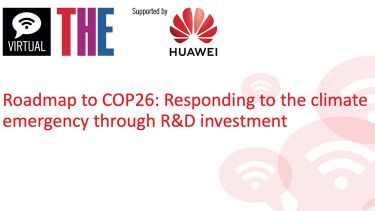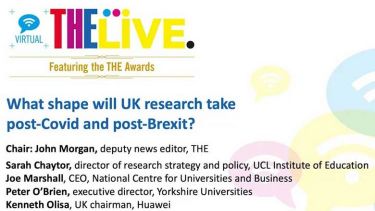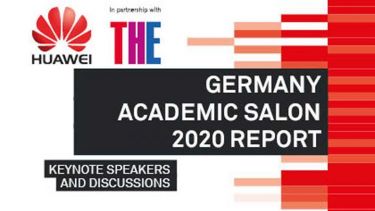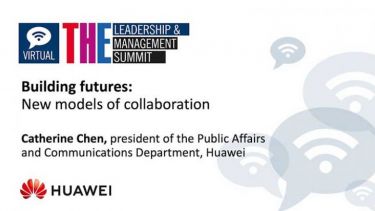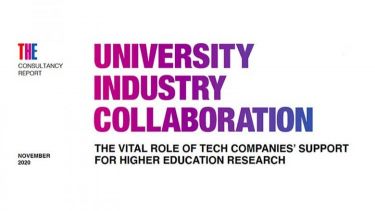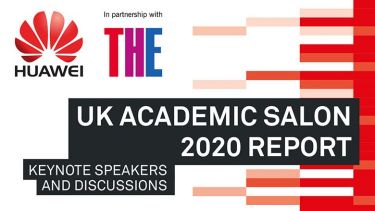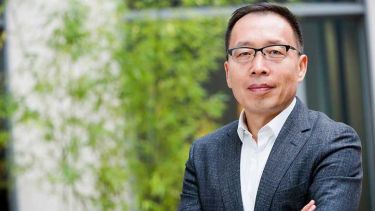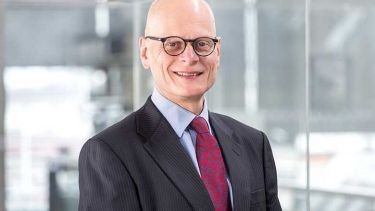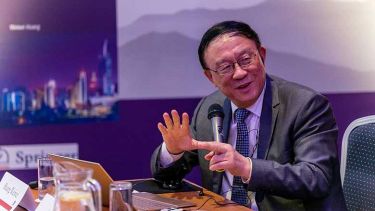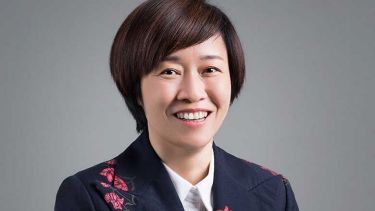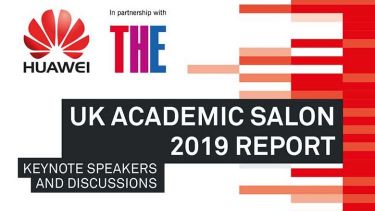
Source:
iStock

A THE and Huawei roundtable discussion explored how digital transformation can address security concerns and enable greater collaboration
The impact of coronavirus-related restrictions has created many opportunities within universities’ digital transformations, not just for new modes of domestic and international research.
A discussion session held in partnership between Times Higher Education and Huawei at THE’s Digital Transformation Forum 2020 started with a recommendation from Zeyad Al-Shibaany, chair of the education society chapter in the UK and Ireland at the Institute of Electrical and Electronics Engineers (IEEE), for institutions to take a “holistic” approach to digital transformation in order get the best out of research collaborations.
“The way you communicate, the way you store data, the way you meet, the way you do research and the way you follow up on things – it all needs to be clarified,” he said.
While collaborators can be better informed and feel more included, Al-Shibaany acknowledged that some stakeholders are afraid of the transformation process because of security concerns, and so he believes that a cultural shift within institutions is as important as a technical shift, if not more so.
“Digital transformation needs to start with a policy that addresses technical requirements and institutional requirements,” he said. “There is conflict between the two, and sometimes CEOs, deans, vice-presidents or vice-chancellors will not accept a certain level of information being shared to the web or to the cloud.”
Key to overcoming this challenge, said Al-Shibaany, is training across all staff who engage with shared systems. “We need to start from a common area and the common element now is the international information security standards ISO/IEC 27000-series. Every employee should be trained at that standard and then they would understand what is required to have a secure system.”
Fiona Boyd, social work lecturer at the University of Derby, noted that “traditional research has been put on hold”, and that while the initial administration of moving 70 per cent of the university’s research placements online was arduous, there is a culture change occurring in real time where researchers are becoming more amenable to this new way of working. “Students began their placements with a very negative view but came out the other end with a very positive view,” she said, commenting on the data that Derby has collected and how they may be used to model future research programmes. “What happened in-between is something we’re looking at now.”
Boyd also agreed that data security and access were going to be issues of critical importance for higher education institutions, recalling an instance where she could only use an NHS database with a staff member sitting next to her and Boyd taking screenshots that she later had to delete. It was agreed that such antiquated, siloed systems were not sustainable as researchers’ work shifts online.
Stephen Wang, director of corporate strategy and partnerships at Huawei, was able to offer an industry collaborator’s view of the way in which digital transformation is changing researchers’ work.
In response to the attendees’ concerns about data security and privacy, he said that with the right training and access, digital transformation in research can unlock new, exciting ways of working and that the best new systems would make it “very easy for the end user to do things”. For example, digital collaborative research networks can be created in areas where access to sufficient talent and data has previously been a problem.
“Research is rarely conducted by isolated individuals,” he added. “Scientific discoveries and technological advances usually take place in a social context. Advanced communication and network technologies, such as 5G and the cloud, enable remote working and team interaction like never before. Therefore, we anticipate acceleration of research from digital research networks.”
Roundtable attendees
Alistair Lawrence, special projects editor, Times Higher Education (chair)
Zeyad Al-Shibaany, chair of education chapter in the UK and Ireland, IEEE
Fiona Boyd, social work lecturer, University of Derby
John Deane, dean, CWS
Liudmila Gromakova, international officer, QAHE
Terri Kim, professor of comparative higher education and academic visitor, St Antony’s College, University of Oxford
Nkaepe Olaniyi, head of computing, Kaplan Open Learning
Syed Kumail Haider Rizvi, academic dean, London School of Science and Technology
Elaine Ulett, invigilator, Oxford Brookes University
Stephen Wang, director of corporate strategy and partnerships, Huawei
Find out more about Huawei and higher education.



